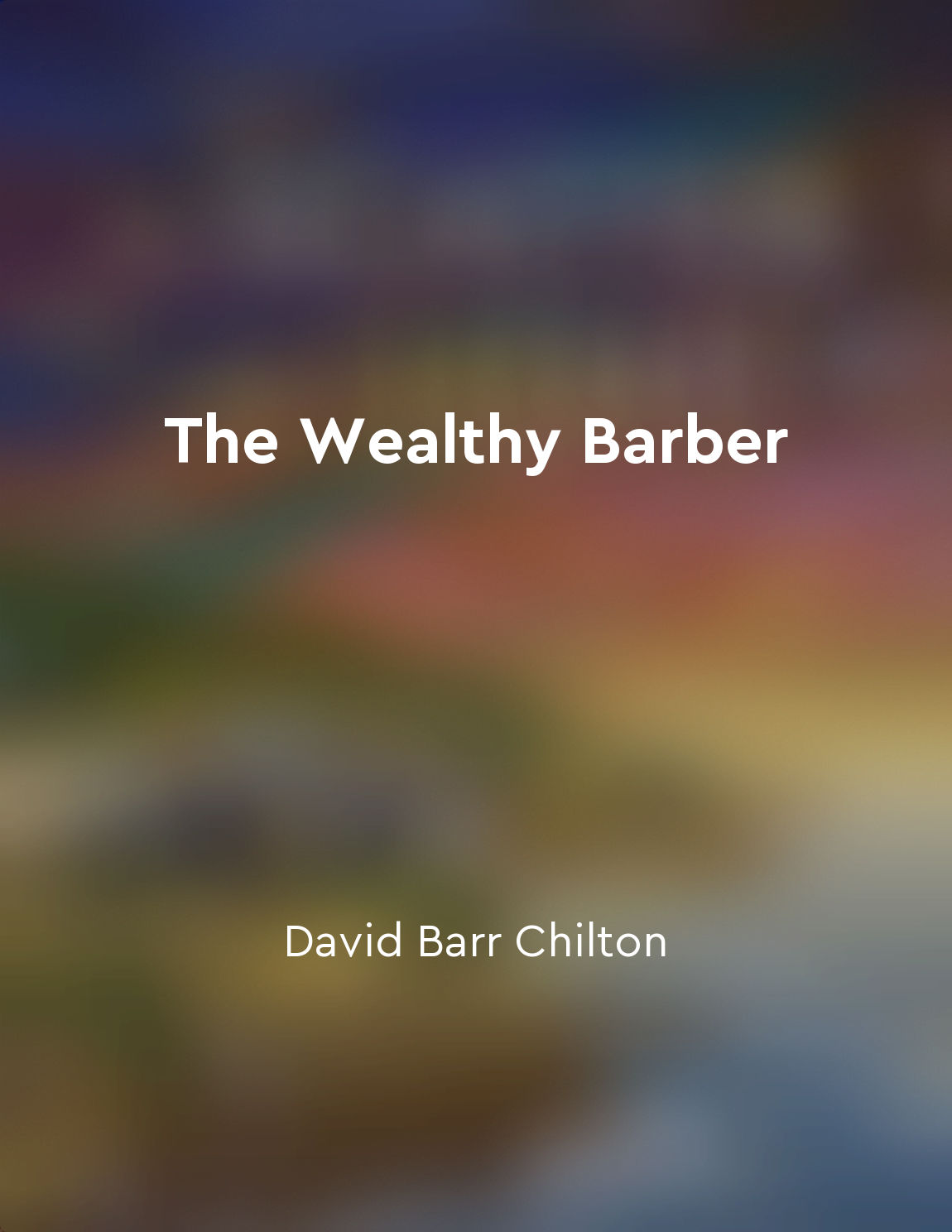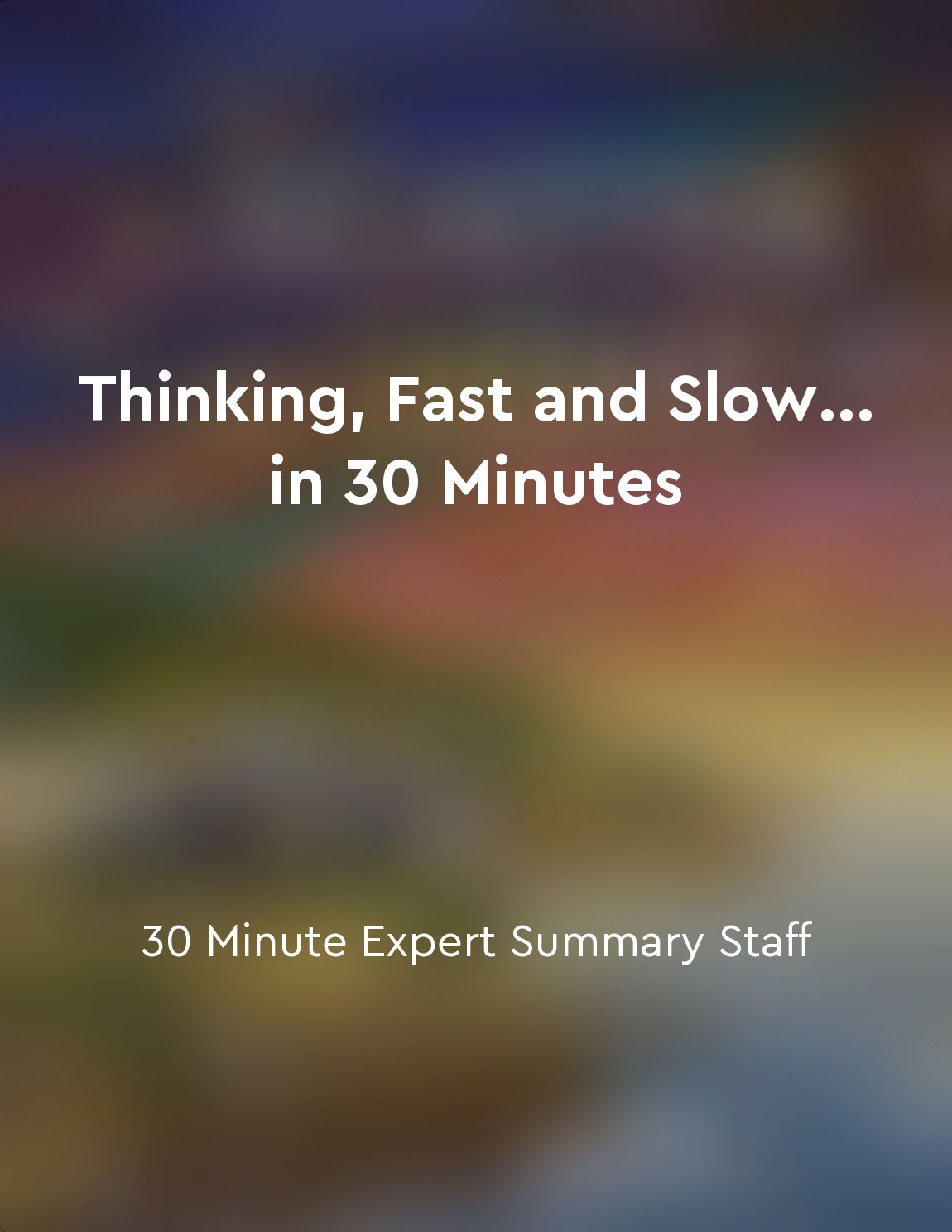Loss aversion affects decisionmaking from "summary" of Misbehaving by Richard H Thaler
Loss aversion is a fundamental concept in behavioral economics that explains how people are more sensitive to losses than gains. This means that the pain of losing $100 outweighs the pleasure of gaining $100. This asymmetry in our emotional response to losses and gains has a profound impact on decision-making. When faced with a decision, individuals tend to weigh potential losses more heavily than potential gains. This leads to a reluctance to take risks that could result in losses, even if the potential gains outweigh the potential losses. For example, people are more likely to hold onto a losing stock in the hopes that it will rebound, rather than cutting their losses and moving on. Loss aversion can also lead to irrational behavior in situations where the status quo is considered a loss. People may resist change simply because they fear the loss of their current situation, even if the change could lead to better outcomes in the long run. This bias towards the status quo can prevent individuals from making necessary adjustments to improve their lives. Furthermore, loss aversion can have a significant impact on financial decision-making. For example, individuals may be more likely to sell winning investments too early in order to secure gains, while holding onto losing investments in the hopes of breaking even. This behavior can result in missed opportunities for growth and a failure to diversify investments effectively.- Loss aversion affects decision-making by influencing how individuals assess risks and rewards. By understanding this bias, we can better recognize when it is influencing our choices and take steps to mitigate its impact. Being aware of our tendency to be more sensitive to losses than gains can help us make more rational decisions and avoid the pitfalls of irrational behavior.
Similar Posts
Build a strong network of mentors and advisors
In order to navigate the unpredictable waters of the investment world, it is essential to surround yourself with a diverse grou...
The key to investment success lies in thorough research
Investing, like many other endeavors, requires a solid foundation of knowledge and understanding. Without a thorough grasp of t...
Innovation requires discipline
The concept that innovation requires discipline is essential to understand for any entrepreneur or investor looking to create l...

Anchoring bias influences decision making
Anchoring bias is a cognitive bias that influences decision making by relying too heavily on the first piece of information enc...

Automate your savings
One of the most effective ways to build wealth over time is by setting up automatic transfers from your checking account to you...
Our upbringing shapes our money mindset
As we journey through life, our relationship with money is significantly influenced by our upbringing. The environment in which...
Stay informed about global economic events
It is crucial for investors and traders to keep themselves updated on global economic events. This is because these events can ...

Anchoring bias influences judgments
Anchoring bias is a cognitive bias that influences how we make judgments and decisions. This bias occurs when we rely too heavi...
Confidence in one's research and analysis is vital
One common thread among successful merger masters is the unwavering confidence they have in their research and analysis. This c...
Environmental factors can impact our decisionmaking
Environmental factors, such as noise levels, lighting, and temperature, play a crucial role in influencing our decision-making ...

